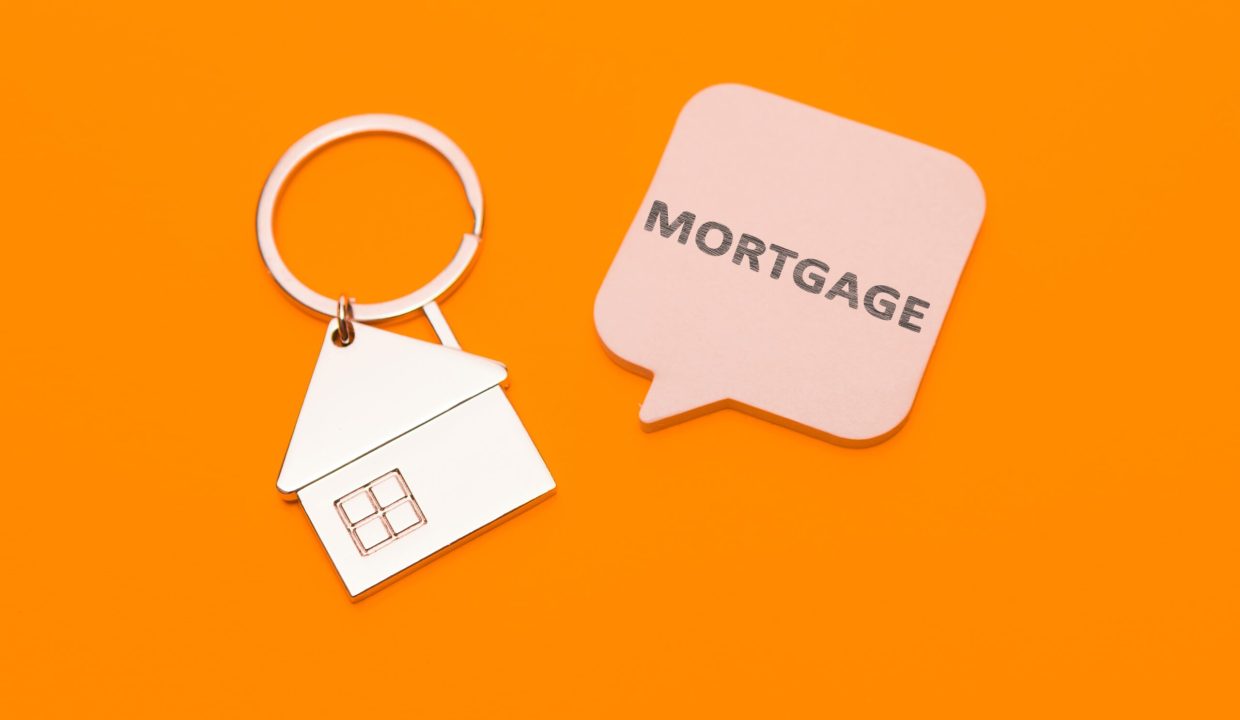
With many living expenses going up, it is understandable why so many homeowners are refinancing a home loan. Refinancing can lower your interest rate, saving you thousands in the long run while also relieving you of some financial issues short-term. Other benefits can include taking out some of your equity to do the home renovations you have been needing to get done, consolidating any debts you may have or even expanding on your property portfolio! Whatever your reason is for refinancing a home loan, you have come to the right place to get all the information you need to know before proceeding. In this blog, we will guide you through the process of refinancing a home loan and highlight some of the best interest rates on offer in Australia at the moment.
What Does Refinancing A Home Loan Mean?
Refinancing a home loan means getting out a new home loan and paying your old home loan off with it. Don’t worry, it isn’t as scary as it sounds! Refinancing could mean you have a shortened loan term, paying less money to the banks in the long run. Plus you could score yourself a lower interest rate which means paying less each month! To do this you need to think about which lender you would like to go with. What benefits do you get with each lender and are their interest rates good? You may decide to do some searching online or you may decide to speak with your current lender and see if they would like to drop your current interest rate before you leave. Either way, it is best to look into different banks to see how you can get the best deal.
What Is The Process?
The process of refinancing a home loan is very similar to the initial process of getting a mortgage. Once you have decided on which bank you wish to go with, you will need to complete an application form, this also includes having the supporting documentation ready; for example, proof of income, current loan statements, bank statements and identification for all applicants. From there, you will need to get a valuation done on your current home. This step is done to work out the amount of equity you currently have in your home. From there you just wait for the bank to approve your application! The bank will usually pay your current loan out and sort out the transfer for you, however, it is best to speak with the bank to understand their transfer process.
Why Should You Refinance?
Most people refinance to save money on their mortgage and to cut the time left to pay off the loan. However, other reasons can include wanting to buy an investment property with your equity, consolidating existing loans you may have or doing home improvements. Refinancing has gone up by over 20% within the last year with most people wanting to get a lower interest rate. On average, it is estimated that homeowners could save roughly $17,000 in interest over the course of their loan if they refinance a new home loan.
Current Home Loans Available
While it is best to look around yourself to find the right home loan for you, listed below is a range of home loans currently available this month! Please note, we are not affiliated with any of these businesses.
- Home Star
Starting interest rate of 4.44%pa on a variable home loan - Newcastle Permanent
Starting interest rate of 4.49%pa on a variable home loan - Bendigo Bank
Starting interest rate of 4.27%pa on a variable home loan
Costs Of Refinancing A Home Loan
Although refinancing a home loan can save you money down the track, it isn’t to say that there aren’t some upfront costs that usually come with making the switch. Costs involved are usually the mortgage application fee which can range anywhere from $250-$1000 depending on the bank, the property valuation fee to find the amount of equity in your home which can range from as little as $50 all the way to $775 and the termination of mortgage fee which is due to you switching banks and can be as costly as $1000 but usually it is around the $200-$400 mark. If you currently have a fixed home loan then you will also have the break cost. This cost can vary greatly depending on how much time and money you have left on your loan but can sometimes be in the thousands.
Another fee you will incur is the settlement fee. This fee can range from $100 to $800 and is due once everything has been formally approved. Other fees may also occur during the process depending on the bank and other situations. When looking at refinancing, it is best to speak with the bank regarding the costs that will be involved before proceeding with the application.
While refinancing a home loan does sound like a good idea to save on the long-term costs, it is best to sit down and work out if refinancing is the best option for you. Before going ahead I suggest searching for the best interest rates and benefits and alternatively, you can contact your bank to negotiate your current interest rate. If you feel that refinancing a home loan is the right option for you, get searching for a bank or a broker today to get started!
